In this context, Argentina emerges as a microcosm of this duality: a country that, with its cultural wealth, natural resources, and human potential, should be a paradise—literally heaven—but finds itself ensnared in a labyrinth of discord, militant fanaticism, corruption, and disillusionment. Thus, one realizes that what appears to be the victim and the good one, the one striving to prevent discord and chaos, is, in fact, the perpetrator, employing ideological distortion and state power to remain concealed, while the inhabitants of this paradise dwell in conflict and debate, unable to comprehend how everything becomes increasingly complicated each day.
A simply brilliant analogy: Is Argentina THE GOOD PLACE?
In The Good Place, the protagonists discover that what seems to be an Eden is, in reality, an elaborate deception orchestrated, for many decades, by entities that thrive on suffering and confusion. Similarly, Argentina, under the guise of an oversized benevolent state, confronts a political structure that, in many respects, reflects the worst of the human condition. The State, overburdened with power, ideology, and militancy, succumbs to a form of state blindness. It should be the guardian of its citizens' rights and well-being, yet it has morphed into a labyrinth of private interests, where power is wielded not for the common good, but to perpetuate a cycle of corruption and abuse.
-
IG: @infonegociosmiami
We are conducting research here in MIAMI to determine which series or film best describes the current issues facing the country (among other inquiries).
We thought to ask Argentine migrants which series or film most represents the current Argentine predicament, but that would broaden those representations to content from around the world.
One might assume that titles like The Hunger Games or more classic Argentine series such as Tumberos would emerge, but they hardly made it onto the lists.
The truth is, when one migrates, they gain the remarkable gift of seeing reality in a broader and deeper context, having experienced life in their home country and now observing everything from an outsider’s perspective.
We were very tempted to ask our acquaintances, neighbors, or friends residing here in Miami, but instead, we conducted random consultations via chat groups and among readers in Miami to ensure methodological rigor. What did they tell us?
Base: 476 respondents. 230 men, 246 women. Over 18 years old, residents in the USA, Argentine migrants for more than two years. July 15 to October 15, 2024.
Argentina: A celestial paradise trapped in the chaos of self-deception, much like the series THE GOOD PLACE (a fantastic analogy that emerged from research about what Argentine migrants think of their country today).
The ten most mentioned titles are (% chosen):
-
The Good Place (USA) (33%)
-
The Tailor of Panama (USA-Ireland) (15%)
-
The Manager (ARG) (12%)
-
Fine Arts (ARG) (10%)
-
Odyssey of the Fools (ARG) (7%)
-
The Secret in Their Eyes (ARG) (6%)
-
House of Cards (USA) (5%)
-
V for Vendetta (UK-USA-Germany co-production) (5%)
-
Dark (Germany) (4%)
-
The Lives of Others (Germany) (3%)
The perverse elements in The Good Place and the perverse dynamics in Argentina can be summarized in phrases from the research (excerpts taken from the study):
-
“My friend refuses to acknowledge it and gets mad at me because his dad was in the party… he is too and believes that nothing will change if he thinks like that.”
-
“Nobody talked about closing Public Education, but my sister-in-law works in… and she’s…IST, and you can’t discuss that topic; for her, auditing means going against it, and for me, it means supporting public education.”
-
“You can’t even talk to your own brother anymore;
The three central points that Argentine migrants diagnose as the fundamental cause of the situation in Argentina, which has persisted for over a century, are as follows (Advance):
-
The distortion and fanatical ideological self-deception. The inability to engage in self-criticism and to discern.
-
An exaggerated state interventionism. The militancy and complicity in the grand corruption within the state involving unions, businessmen, politicians, and state officials through favoritism or political appointments.
-
The over dimensioning of the state, hyper-corruption sanctioned by the silence of even well-intentioned individuals.
Why the analogy?
The perverse reality is that the caretakers and architects of paradise in "The Good Place," analogous to the state interventionism in Argentina (all sectors that endorse the over dimensioning and lack of control of the state), are those who contribute to and deny that something profoundly wrong is transpiring, asserting instead that everything is functioning properly and is uncorrupted.
Paradoxically, in both the film and in Argentina, many good, cultured, diligent individuals defend this seemingly celestial model and will go to great lengths to continue believing in it.
In this context, the figure of President Javier Milei represents that "madman" who, much like the main character of the series, begins to question the established reality. His political rise, though controversial and contentious, has unveiled the inner workings of a system that many prefer to ignore.
This is the principal point at which all should be able to converge: regardless of whether they are characters in "The Good Place" or Milei, or anyone else, they will never be perfect. What can no longer be denied is that this paradise, this state interventionism, this model that has corrupted everything, is not only unsustainable but is indeed a hell. Yet, despite this, there are those who choose to deny it and persist in their belief that all is well.
Perhaps this is why this American series serves as a perfect analogy for what many in Argentina still refuse to acknowledge.
In attempting to expose systemic corruption, Milei becomes the target of attacks, not only from traditional parties and their allies but also from citizens who, much like certain characters in the series, resist confronting the uncomfortable truth about their own complicity in the system (whether consciously or unconsciously).
This phenomenon of collective denial reflects what Emmanuel Ricón describes in his works, where state-centric culture becomes fertile ground for increasingly corrupt systems of governance.
Religion, politics, and state interventionism are interwoven in such a dense fabric that citizens, trapped in their complacency, tend to reject truths that threaten to dismantle their perceptions of security and well-being, even in the face of the most brutal evidence.
In this sense, Milei's struggle and message can be interpreted as a call for introspection, an invitation for Argentines to examine their role in a system that, despite its promising facade, is deeply dysfunctional.
The dilemma faced by Argentine citizens is akin to that of the inhabitants of "The Good Place": the difficulty of accepting that the world they know is not as it appears. Resistance to change manifests in attacks on disruptive ideas, as if the mere act of questioning the status quo were a sin.
The most challenging realization, as depicted in the series, is that perhaps family, party colleagues, and previously held beliefs, rather than defending what is good and right, have instead upheld a corrupt power masquerading as benevolence, angelic in nature, and the "architect of that model who thinks of everything and does everything" (an analogy for the great leader of a political party), far from being virtuous, is part of a system that will always breed corruption and will even deceive the "best" of people regarding its deficiencies (state-centric).
However, just as in the series’ narrative, recognizing corruption and the need for transformation are essential steps to emerge from the shadows of deception. The common lesson from the series is that the only solution is for those who know this to be false to cease supporting it and to dare to abandon their limiting beliefs.
Argentina enjoyed a notable GDP on the world stage, particularly during the early decades of the 20th century, especially between 1880 and 1930. During this period, Argentina experienced significant economic growth driven by agriculture and livestock, becoming one of the wealthiest countries in the world in terms of GDP per capita.
However, following the crisis of 1930, the country's economic situation began to deteriorate, and its GDP ceased to rank among the best globally.
With its rich culture and diversity, Argentina has the potential to become a true paradise. Yet, for this to happen, it is crucial for its citizens to confront the reality of their environment, break the chains of complacency and fear, and unite in the pursuit of a more transparent and just future. The story of "The Good Place" teaches us that true freedom and well-being are not gifts bestowed upon us but rights we must claim and defend.
Argentina, in its quest for truth and justice, must remember that, much like in The Good Place, the true paradise is one we construct together. This involves confronting our fears and challenging the structures that oppress us, with a profound courage to constantly reevaluate our beliefs and surpass ourselves. This endeavor requires mindfulness, ethical consideration, and, above all, a deep commitment to shedding biases, falsehoods, and negative emotions, in order to perceive the truth unclouded. Ultimately, this is the path to true freedom, transcending our circumstances.
-
Infonegocios RED: 4.5 million Anglophone Latinos reading business news daily.
-
Contacts: [email protected] or [email protected]
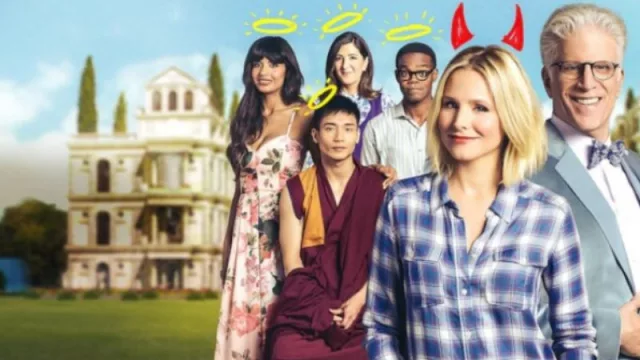
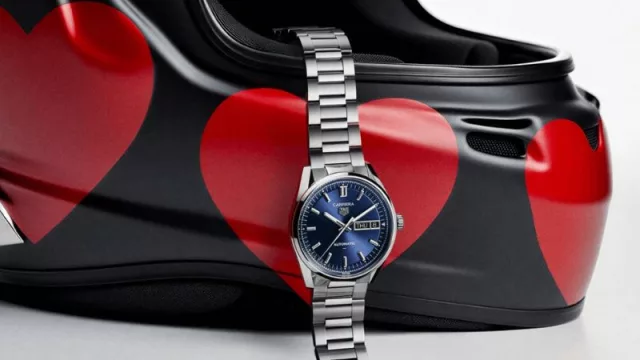
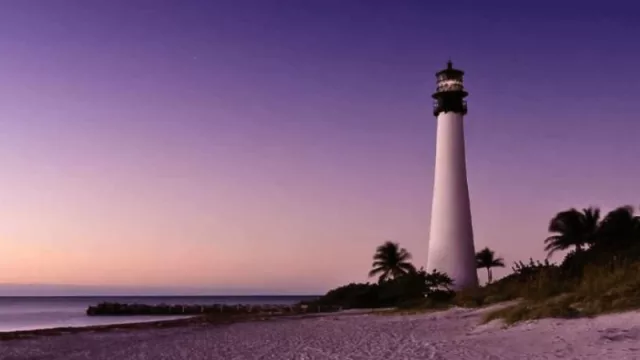
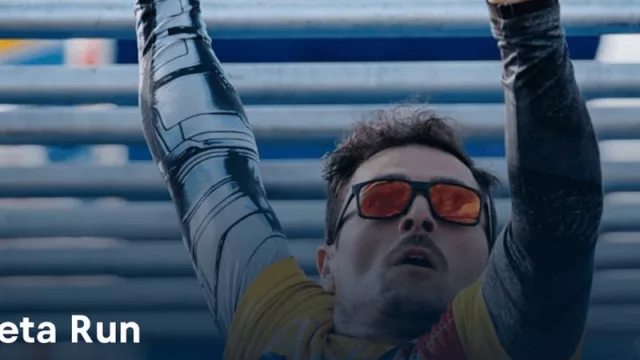
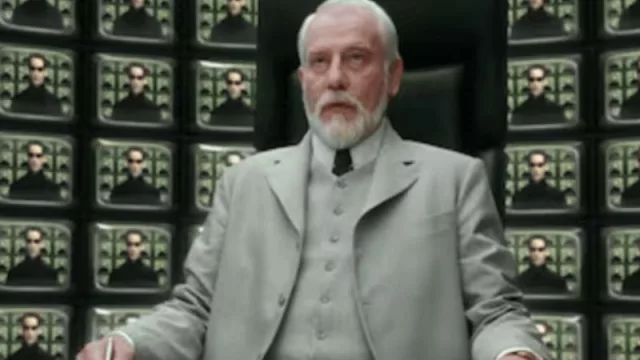

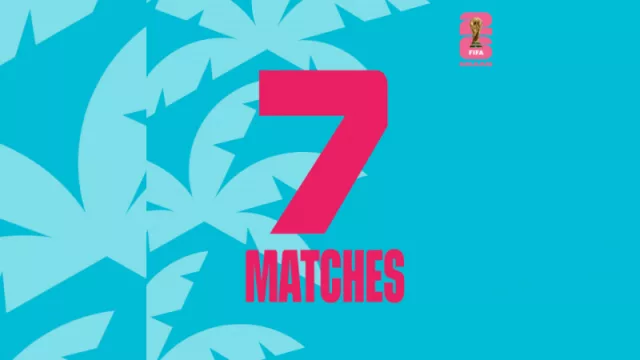
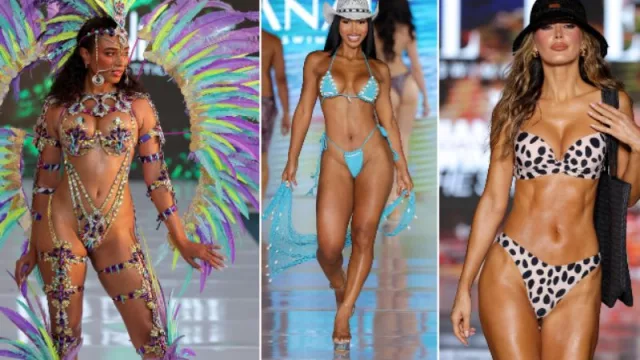
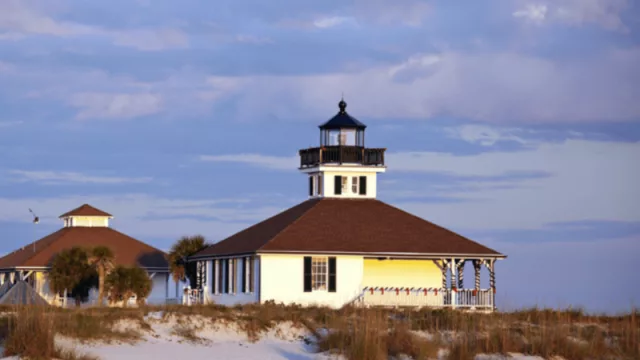
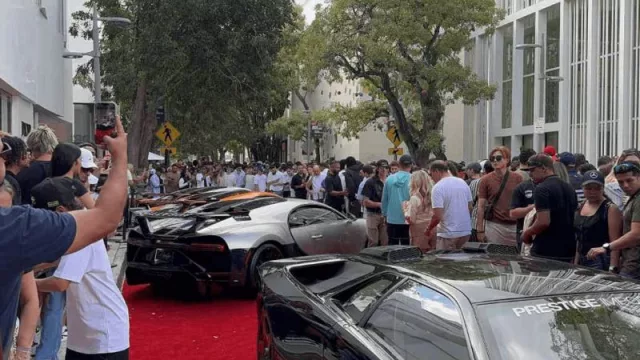


Tu opinión enriquece este artículo: